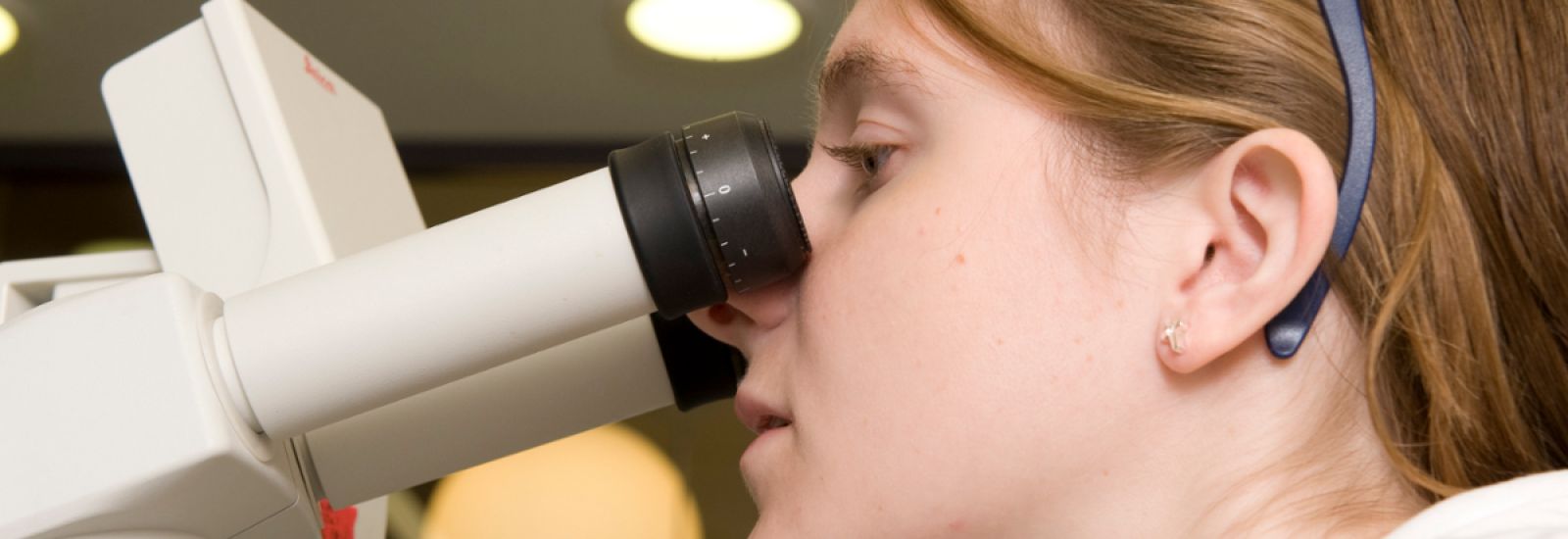
Research
The University of Oxford is the world’s number one university according to the Times Higher Education Rankings 2024. For research, in the latest UK Research Excellence Framework (REF 2021), Oxford’s submission had the largest volume of world-leading research.*
Oxford's incredible research output is something that draws students and staff from all over the UK, the EU and the world. As an undergraduate student, you have the opportunity to participate in this exciting work - as well as pursue your own research interests.
*Largest volume of world-leading research is calculated from the sum of (overall %4* x submitted FTE) across all submissions. View the full results are available on the REF website.
Oxford's research
Oxford is rightly famous for our excellence in research – recently the University won the prestigious Queen’s Anniversary Prize for the vitally important design and creation of a COVID-19 vaccine.
Many of the academic staff who teach our undergraduate students every week are world experts in their field - they may well have written the textbooks you use to study your subject! And our face-to-face tutorial teaching system means you won't be just a face in the crowd, instead you'll be joining their discussions in a group of two or three.
You can find out more about the academic staff in our colleges by visiting the colleges' own websites, and discover more about the cutting-edge research conducted at the University on our Research pages.
Your own research
The Biomedical Science degree cherry picks the interesting parts of medicine, biochemistry and psychology (in my opinion) and allows us to choose which of these we want to study more of from our second year, and continue to specialise in our third year. This gives me a great deal of control over my learning. My degree also includes an 8-week lab project, which gives you a real insight into experimental work.
Many of our undergraduate courses give their students the opportunity to follow their own research, in depth, for a dissertation or research project.
These pieces of independent research often take place towards the end of a degree, and allow you to focus on a subject that you've found particularly interesting and to develop excellent research skills.
Visit the website for your course to discover what research opportunities are built into the programme.
Oxford recognises the excellent research carried out by our undergraduate students by awarding many college, department or University-wide prizes each year.
Our undergraduates also compete for national and international prizes for their research - for instance, a multi-disciplinary team from Biology and Medicine won an international prize for their work to provide affordable, long term carbon capture an industrial scale by harnessing genetically modified cyanobacteria.
Find out about the research opportunities offered by your course.
Research careers
If you're thinking about making further study your career after you complete your Oxford degree then you're not alone. Over a third of our graduates go on to take some kind of further study - whether joining the nearly 6,000 research students here at Oxford, or by studying at other universities in the UK and around the world.
Read more about further study and be inspired by these short videos featuring the impact of Oxford's research.
